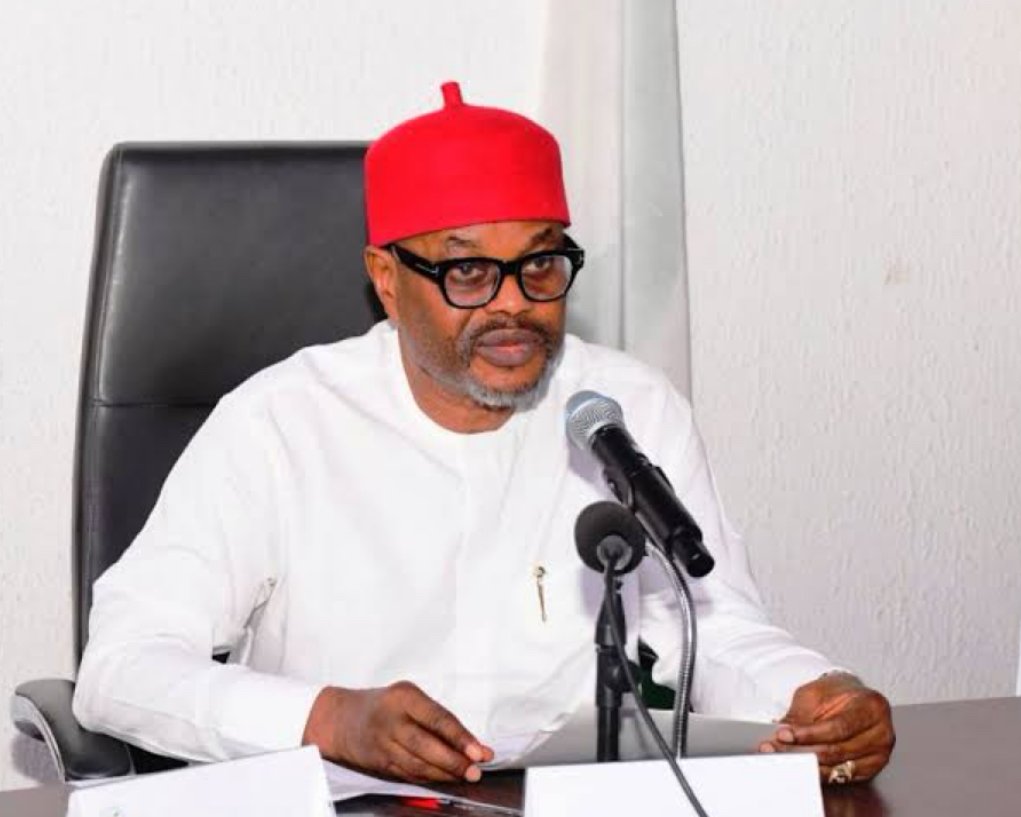When Premium Times published its exposé on Geoffrey Nnaji, the now-resigned Minister of Innovation, Science and Technology, it was more than just another scandal in high office. A product of two years of investigative reporting revealed the minister had forged his academic credentials from the University of Nigeria, Nsukka (UNN), and his National Youth Service Corps (NYSC) certificate, two of the documents he submitted during his ministerial clearance under President Bola Tinubu’s administration.
Though the revelation forced the former minister to resign, it is still uncertain whether Nnaji will be subjected to interrogation and subsequent prosecution by the Nigerian law enforcement agencies.
The crisis deepened on October 6 when Nnaji failed to show up at a press conference called by his office to address the scandal. His aides stepped in, offering unsubstantiated defences that fell apart under further scrutiny.
Court documents obtained by Premium Times revealed that Nnaji initially admitted UNN never issued him a certificate, a statement seen as a confession of forgery. He later retracted and blamed political opponents. But by then, the weight of evidence, including official letters from UNN, has rendered his denials hollow.
In the report, UNN and NYSC disowned these documents, confirming that Nnaji did not graduate from the institution or participate in the compulsory youth service programme, and that neither of the two institutions issued the certificates.
Activists like David Umosen noted that journalism has made a great stride in exposing corruption in deep-rooted places, but “what will the law do about the evidence and case? Take its cause or look away because Nnaji is a high-profile individual?”
The scandal has also raised questions about Nigeria’s vetting and oversight institutions. Nigerians now wonder how forged documents passed through multiple layers of clearance, including the Department of State Services and the National Assembly.
“How did the forged documents pass through every layer of scrutiny and vetting at the Department of State Services as well as the National Assembly?” queried Ojonimi Musa, a Lagos-based legal practitioner.
Meanwhile, under Nigeria’s Penal Code, forgery is a serious crime punishable with up to 14 years imprisonment and a fine. The Police, the Office of the Attorney General, and the Independent Corrupt Practices Commission all have powers to investigate and prosecute such crimes. Beyond forgery, Nnaji also faces possible charges of perjury for swearing false affidavits in support of his credentials, another offence that carries a maximum of 14 years in prison.
For many Nigerians, the case is not only about one man’s deception but about the credibility of the government itself. If prosecution agencies ignore the matter, it will reinforce doubts about Nigeria’s commitment to the rule of law. But if pursued, it could send a message of zero tolerance for corruption at the highest levels.
Premium Times reported that earlier requests to UNN for verification of Nnaji’s credentials were blocked by the former university leadership until a change of administration enabled the truth to be revealed. That detail alone has deepened concerns about systemic complicity.
However, this scandal has become a litmus test of whether Nigeria’s institutions will strengthen accountability or retreat once again into silence.
______
Bernard is a legal and communications enthusiast, championing social justice advocacy through the intersection of law and the media.













